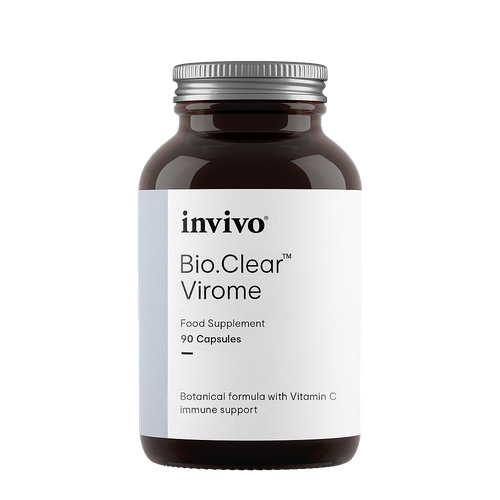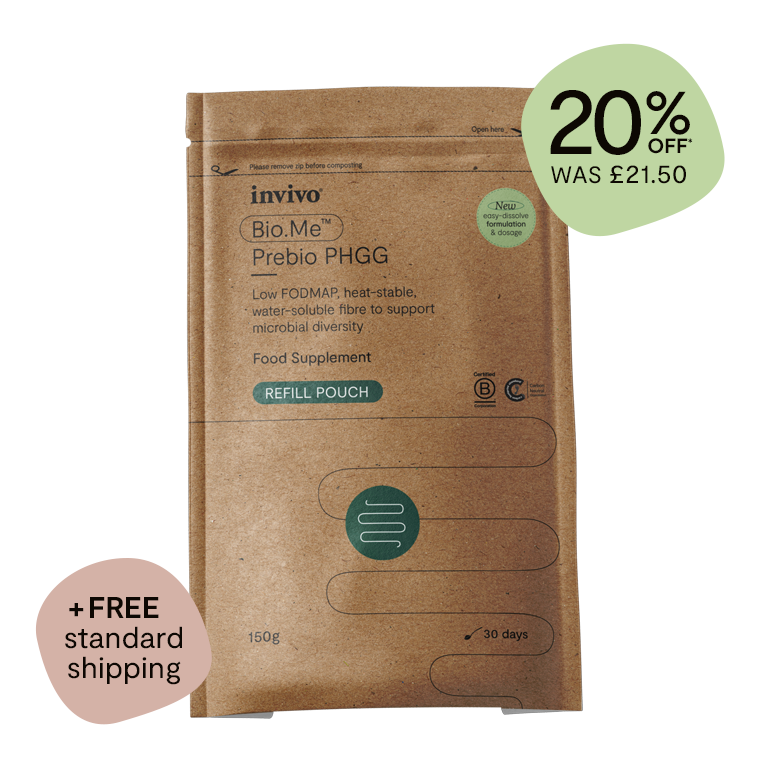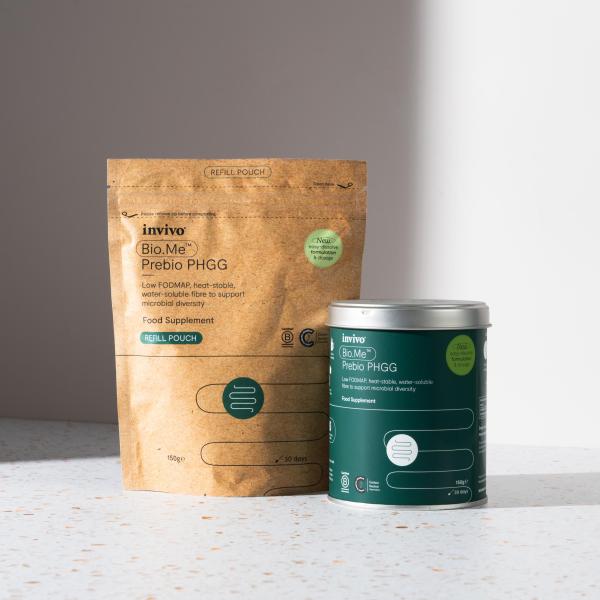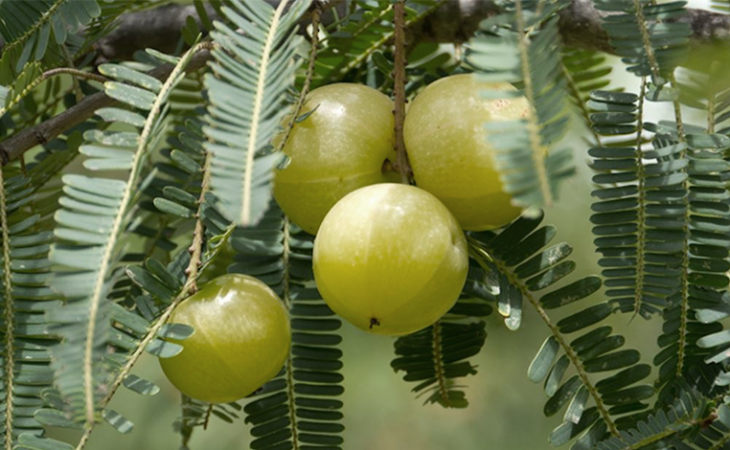Amla (Phyllanthus emblica / Emblica officinalis))
Amla (or Indian gooseberry) is a fruit that has traditionally been used in Ayurvedic medicine as a tonic to restore energy and strength.
Amla exhibits a broad spectrum of pharmacological activities through various mode of actions including antioxidant, gastroprotective, anti-diarrhoeal, immunomodulator, anti-inflammatory and cytoprotective (1). The polyphenols found in Emblica officinalis, especially tannins and flavonoids, are the key responsible elements for most of the major bioactivities.
Amla is also used to manage diabetes, dyslipidaemia, obesity, several types of cancer, liver disorders, arthritis, gingivitis, wound healing and digestive disorders (1).
The ethanolic extract of Amla has been shown to have anti-ulcer and pancreatic protective effects in rats (2). Amla is also an anti-diarrhoeal as well as a light laxative and contains relatively high levels of Vitamin C (2).
Prokinetic
In rat models of cisplatin-induced delayed gastric emptying, Amla extract was shown to completely reverse delayed gastric emptying, comparable to the ondansetron intervention group (3).
In a randomised double-blind, placebo-controlled clinical trial, it was demonstrated that Amla could reduce frequencies and severity of heartburn and regurgitation in clients with non-erosive reflux disorder, at a dose of 500mg given twice a day after meals (4).
Haritaki (Terminalia chebula)
Haritaki is traditionally used as a bowel tonic in Ayurvedic medicine.
Haritaki is used for several conditions, including heart disease, asthma, ulcers and stomach ailments. Haritaki contains phytochemicals such as terpenes, polyphenols, anthocyanins and flavonoids, as well as vitamin C. These compounds have been shown to be anti-inflammatory, suppress oxidative mucosal damage, amplify antioxidant performance, and increase endogenous mucosal defensive agents, among other gastro-protective properties (5).
Prokinetic
Haritaki was shown to significantly shorten intestinal transit time in comparison to control (p<0.05) at a dose of 550mg/kg (6). Another study showed significant improvement of gastric emptying (100 mg/kg/day orally for 15 days), compared to control (p<0.01). This result was comparable to the prokinetic drug Metoclopramide (7). The study concluded that Terminalia chebula serves as a useful prokinetic.




